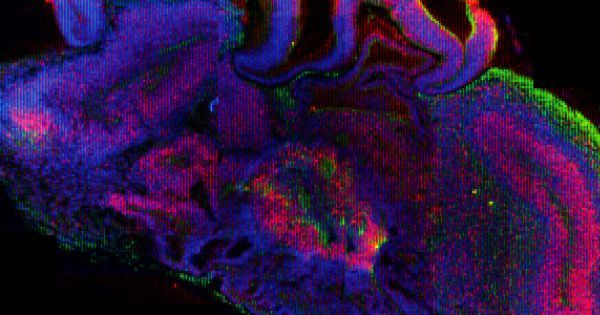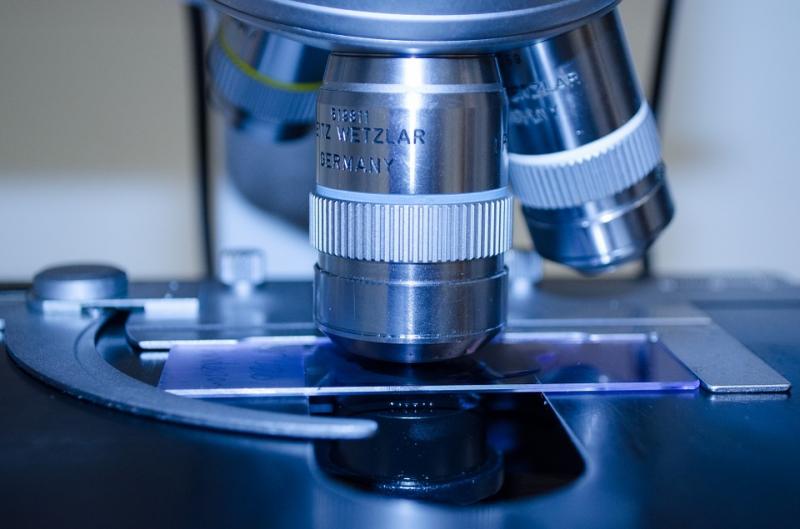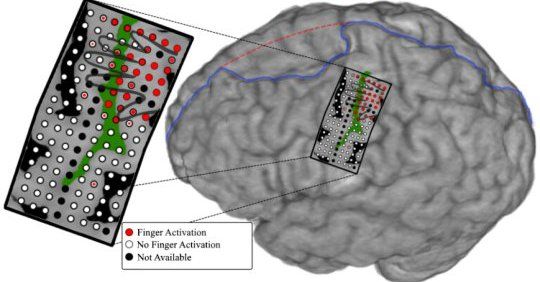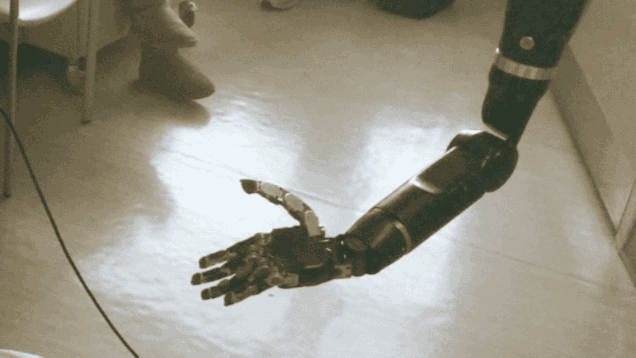Feb 18, 2016
Scientists Have Created Miniature Versions of the Human Brain Using Skin Cells
Posted by Bryan Gatton in categories: biotech/medical, neuroscience
Researchers have developed a functioning miniature replica of the human brain, composed of neurons and glial cells, to help study and better understand neurological diseases.
A tiny ball of brain cells may help researchers alleviate or treat neurological diseases.
These small cellular balls act like miniature versions of the human brain, mimicking various aspects of the actual brain that include sending pulses of electric signals akin to what happens in a thinking mind. This research was reported at the annual meeting of the American Association for the Advancement of Science in Washington.


















